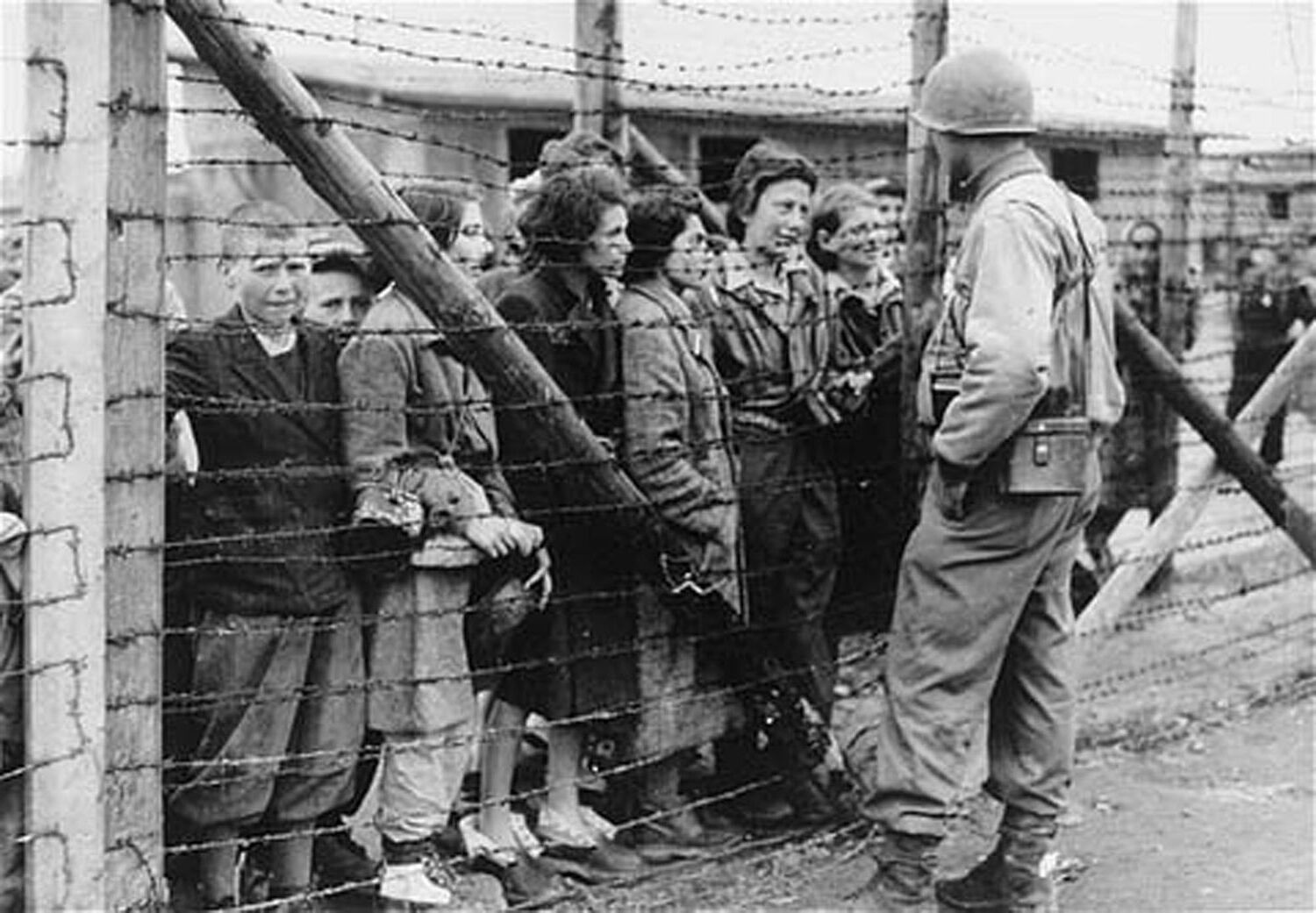
The Holocaust remains one of the darkest chapters in human history. Between 1941 and 1945, millions of Jews, along with other persecuted groups, faced unimaginable horrors under the Nazi regime. Why is it crucial to remember the Holocaust? Remembering the Holocaust ensures that the atrocities committed are never forgotten, preventing history from repeating itself. It also honors the memory of those who suffered and perished. This blog post will delve into 20 essential facts about the Holocaust, shedding light on the events, key figures, and lasting impact. Whether you're a history buff or a curious learner, these facts will provide a deeper understanding of this tragic period.
The Holocaust: A Dark Chapter in History
The Holocaust remains one of the most tragic events in human history. Millions of lives were lost, and the world was forever changed. Here are some crucial facts to understand this dark period better.
-
The Holocaust occurred during World War II. It took place from 1941 to 1945, orchestrated by Nazi Germany under Adolf Hitler's regime.
-
Approximately six million Jews were murdered. This genocide aimed to annihilate the Jewish population in Europe.
-
Other groups were also targeted. Besides Jews, the Nazis persecuted Romani people, disabled individuals, Polish and Soviet civilians, political prisoners, and homosexuals.
The Mechanisms of Genocide
Understanding how the Holocaust was executed reveals the extent of its horror. The Nazis employed various methods to carry out their genocidal plans.
-
Concentration camps were central to the Holocaust. These camps, like Auschwitz and Treblinka, were designed for mass murder and forced labor.
-
Ghettos were established in cities. Jews were forced into overcrowded, unsanitary ghettos before being transported to camps.
-
Einsatzgruppen were mobile killing units. These squads followed the German army, executing Jews and other targeted groups in occupied territories.
The Aftermath and Legacy
The Holocaust's impact extended far beyond the war, influencing global policies, human rights, and collective memory.
-
The Nuremberg Trials prosecuted war criminals. Key Nazi leaders were tried for crimes against humanity, setting a precedent for international law.
-
Israel was established partly due to the Holocaust. The creation of a Jewish state in 1948 was influenced by the need for a safe homeland for Jews.
-
Holocaust education is vital. Many countries include Holocaust studies in their curricula to ensure future generations remember and learn from this atrocity.
Personal Stories and Resistance
Amidst the horror, there were stories of resistance and survival that highlight human resilience and bravery.
-
Anne Frank's diary is a poignant account. Her writings provide a personal perspective on the fear and hope experienced by Jews hiding from the Nazis.
-
The Warsaw Ghetto Uprising was a significant act of resistance. In 1943, Jews in the Warsaw Ghetto fought against their oppressors, symbolizing defiance and courage.
-
Oskar Schindler saved over a thousand Jews. His efforts to employ Jews in his factories spared many from death, a story immortalized in "Schindler's List."
The Importance of Remembrance
Honoring the victims and educating about the Holocaust ensures that such atrocities are never repeated.
-
Yad Vashem is Israel's official memorial. It serves as a center for Holocaust research, documentation, and education.
-
International Holocaust Remembrance Day is observed on January 27. This date marks the liberation of Auschwitz and is a day to remember the victims.
-
Survivors' testimonies are crucial. Their stories provide firsthand accounts of the horrors and help keep the memory alive.
The Broader Impact on Society
The Holocaust's lessons extend beyond history, influencing modern views on human rights and justice.
-
The Universal Declaration of Human Rights was adopted in 1948. This document was partly a response to the atrocities of the Holocaust, aiming to protect human dignity.
-
Genocide prevention efforts have increased. The Holocaust highlighted the need for international mechanisms to prevent and respond to genocides.
-
Holocaust denial is a serious issue. Some individuals and groups deny the Holocaust happened, which is why education and remembrance are vital.
-
Art and literature about the Holocaust are powerful. Works like "Night" by Elie Wiesel and "Maus" by Art Spiegelman help convey the emotional and historical impact.
-
Museums around the world commemorate the Holocaust. Institutions like the United States Holocaust Memorial Museum in Washington, D.C., educate millions about this dark chapter.
Reflecting on the Holocaust
Understanding the Holocaust is crucial for grasping the depths of human cruelty and resilience. This tragic period saw the systematic extermination of six million Jews and millions of others, including Romani people, disabled individuals, and political dissidents. The Holocaust serves as a stark reminder of the dangers of unchecked hatred and bigotry.
Learning about these events helps ensure that such atrocities are never repeated. It also honors the memories of those who suffered and perished. By educating ourselves and others, we contribute to a more compassionate and informed world.
Remember, the Holocaust isn't just a chapter in history books; it's a powerful lesson in humanity's capacity for both evil and good. Let's carry these lessons forward, fostering tolerance and understanding in our communities.
Was this page helpful?
Our commitment to delivering trustworthy and engaging content is at the heart of what we do. Each fact on our site is contributed by real users like you, bringing a wealth of diverse insights and information. To ensure the highest standards of accuracy and reliability, our dedicated editors meticulously review each submission. This process guarantees that the facts we share are not only fascinating but also credible. Trust in our commitment to quality and authenticity as you explore and learn with us.


